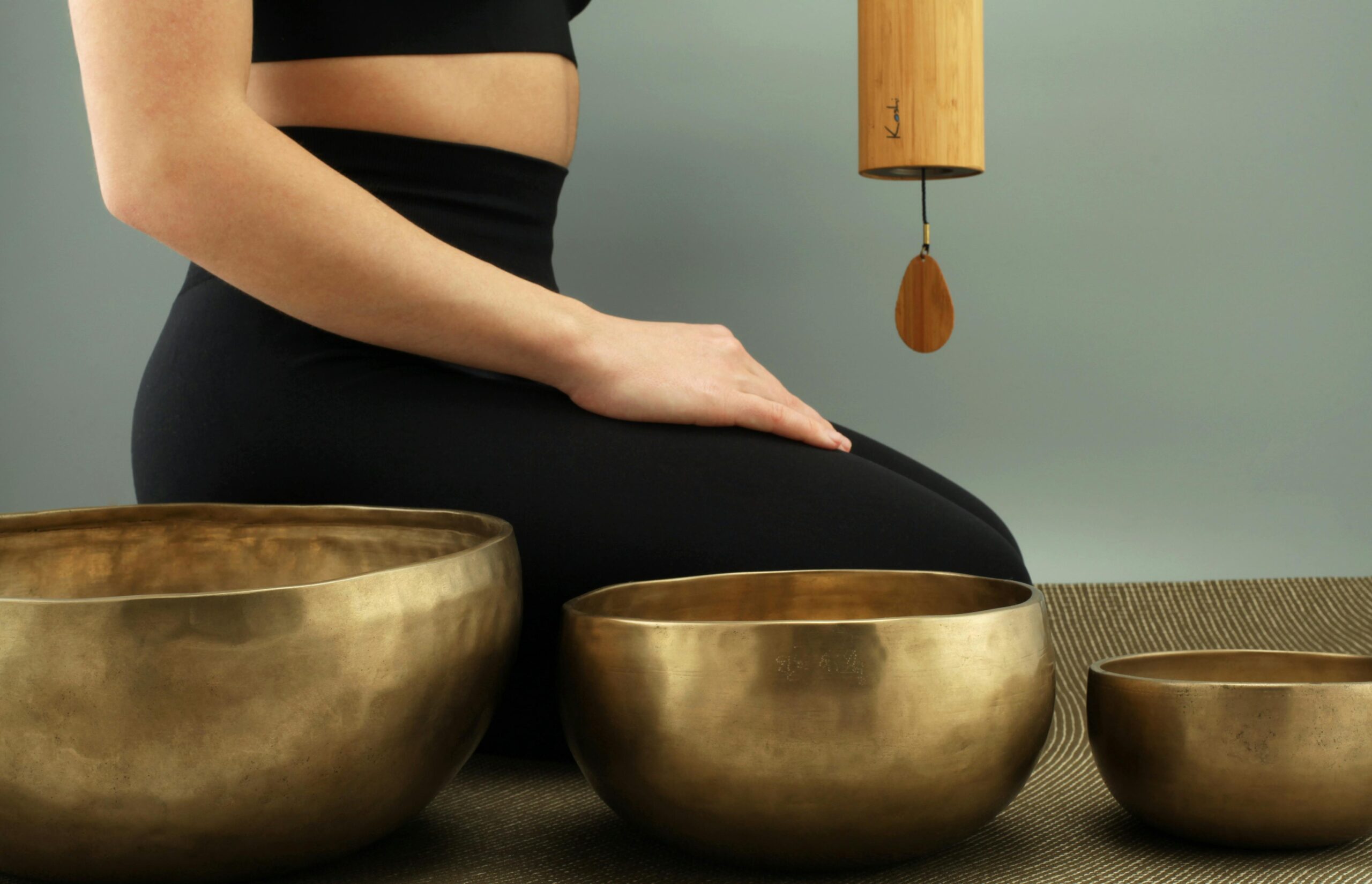Healing rarely looks like peace at first. Sometimes it looks like chaos before calm.
When you’re going through the process of healing mentally, it can feel confusing, messy, and anything but “peaceful.” The truth? Healing doesn’t always feel like healing. It can feel like breaking down, questioning everything, or wondering if you’ve actually made any progress at all.
But healing—especially emotional healing—isn’t always visible from the outside. Sometimes the real signs of healing are quiet. They show up in your reactions, your thoughts, and the way you speak to yourself.
If you’ve been wondering how to know you’re healing, here are eight subtle but powerful signs you’re further along than you think.
1. You no longer seek constant distraction
In the past, you may have buried your pain in work, social media, or staying busy 24/7. But now, you’re beginning to sit with your emotions—even if it’s uncomfortable. You may still reach for distraction sometimes (we’re human!), but you’ve started to create space for your feelings.
This is emotional maturity.
This is healing.
2. You’re not triggered the same way anymore
That song, that place, that person’s name—they used to knock the wind out of you. Now, it might still sting, but you breathe through it. You recover faster. You’re learning to separate the past from the present. That shift in emotional response? A huge sign you’re healing emotionally.
3. You’ve stopped blaming yourself for everything
Guilt can be sneaky. It disguises itself as “responsibility,” especially for sensitive, self-aware people. But part of the emotional healing process is learning that not everything was your fault. You’re seeing your story with more compassion and less shame. That inner kindness? It’s new. And it’s powerful.
4. You no longer crave closure from others
At one point, all you wanted was an apology, an explanation, or one final conversation to make things make sense. Now? You’ve realized peace doesn’t come from them—it comes from you.
This shift doesn’t mean you’re cold. It means you’re reclaiming your power.
5. You have boundaries now—and you actually keep them
In the early days of healing, setting boundaries can feel scary or even selfish. But now? You’re saying “no” when you need to. You’re protecting your time, energy, and peace. You’re learning that self-respect isn’t optional—it’s a non-negotiable.
6. You’re more present (even in the little things)
You notice small joys again. Sunlight through your window. A kind text. The way your coffee smells. These moments might seem insignificant, but they’re proof you’re coming back to life.
The process of healing mentally often begins with learning how to exist fully in now.
7. You feel more like you again
It might not happen overnight, but slowly, you’ve started reconnecting with the version of you that existed before the pain—or maybe even discovering a stronger version of yourself that didn’t exist yet. Your laughter feels more real. Your opinions return. You start dreaming again.
This isn’t regression. It’s rebirth.
8. You’re no longer afraid of the hard days
You still have tough days, but now you trust yourself to get through them. That inner voice has changed from “I can’t do this” to “I’ve made it through worse.”
You’ve built resilience.
You’ve built tools.
And even if you fall apart again—you know how to rebuild.
Healing isn’t always pretty, but it’s always progress.
If none of this feels familiar yet—that’s OK. Healing isn’t linear. Some days you feel empowered, others you feel broken. But just the fact that you’re reading this, seeking understanding, looking for signs?
That’s a sign too.
You’re healing.
Even if it doesn’t feel like it yet.
Frequently Asked Questions (FAQ)
How do you know you are healing mentally?
You may notice you’re healing mentally when your reactions to past triggers change, you stop seeking validation from others, and you start treating yourself with more kindness and patience. Healing often shows up in small, consistent shifts—like setting boundaries, allowing rest, or feeling present in daily life.
What are signs of emotional healing?
Some common signs of emotional healing include:
- Less emotional reactivity
- More self-compassion
- Improved ability to cope with stress
- Letting go of blame
- Feeling hopeful about the future
These signs might be subtle, but they reflect deep internal progress.
What does the healing process mentally look like?
The mental healing process is rarely linear. It may involve ups and downs, breakthroughs and setbacks. Key stages include awareness, release, rebuilding, and growth. You might cry, journal, rest more, or start therapy—it’s personal and different for everyone.
How long does it take to heal emotionally?
There’s no universal timeline for emotional healing. It depends on the depth of your experiences, your support system, and your willingness to process emotions. What matters most is progress, not speed. Even slow healing is still healing.
Is it normal to feel worse before feeling better?
Yes, absolutely. Healing often requires facing painful emotions before peace arrives. Feeling worse at the beginning can be part of the emotional detox process. Be gentle with yourself and trust that clarity and relief often follow the chaos.

